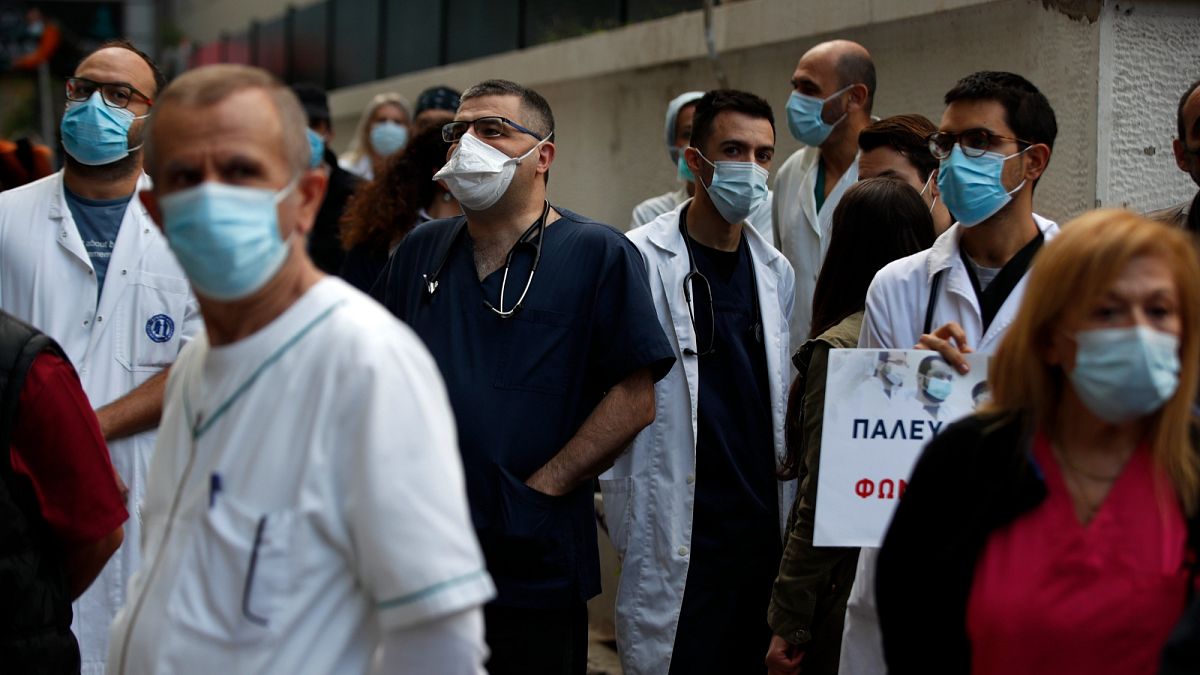

In the ever-evolving narrative of global health and social dynamics, three recent reports offer significant insights that invite further thought and understanding. These cover the origins of COVID-19, social well-being among adolescents, and improvements to the National Disability Insurance Scheme (NDIS) in Australia.
The origin of the COVID-19 pandemic continues to be a focal point of inquiry and discussion. A recent report from an expert group under the World Health Organization (WHO) highlights the complexity and challenges in pinpointing the precise beginnings of the virus. As the pandemic has transformed societies worldwide, finding its true origins remains an intricate task. The WHO recognizes that definitive answers regarding how COVID-19 began require more transparent data sharing from global partners, particularly China. By fostering international cooperation, it may be possible to reach a deeper understanding of this global event that has reshaped daily life.
In a related realm of wellbeing, a WHO study brings light to the social experiences of young individuals, particularly emphasizing the loneliness encountered by teenage girls. Despite societal advancements in connectivity and communication, teenage girls report higher levels of loneliness compared to other demographic groups. The study suggests that modern social dynamics and pressures could contribute to these feelings, underscoring the need for supportive environments and initiatives that encourage inclusion and community. Addressing these loneliness levels is crucial for fostering a nurturing atmosphere where young people can thrive.
Turning towards policy improvement, the Australian National Disability Insurance Scheme (NDIS) has been the focus of a report from the Grattan Institute proposing key changes to enhance its effectiveness. As the scheme has rapidly expanded, these recommendations aim to streamline processes, ensuring the right support reaches those in need. The report identifies four major enhancements: setting firmer boundaries, improving claim management, implementing foundational supports, and establishing a new national agreement. While the intention is to optimize the system, advocates express concern that children may face challenges in accessing these foundational supports. Continuing dialogue among stakeholders is essential to balance efficiency with inclusivity, ensuring all individuals benefit from the scheme’s ambitious goals.
These reports, spanning health origins, social well-being, and policy efficiency, collectively point towards a roadmap requiring cooperation, sensitivity, and proactive adaptation. Whether unraveling the source of a global pandemic, addressing the nuanced needs of young individuals facing loneliness, or refining national support systems, these insights offer pathways to build a more compassionate and informed world. As communities and leaders respond to these findings, a commitment to collaborative efforts and understanding will guide the way to a more resilient future.
Source: {link}
